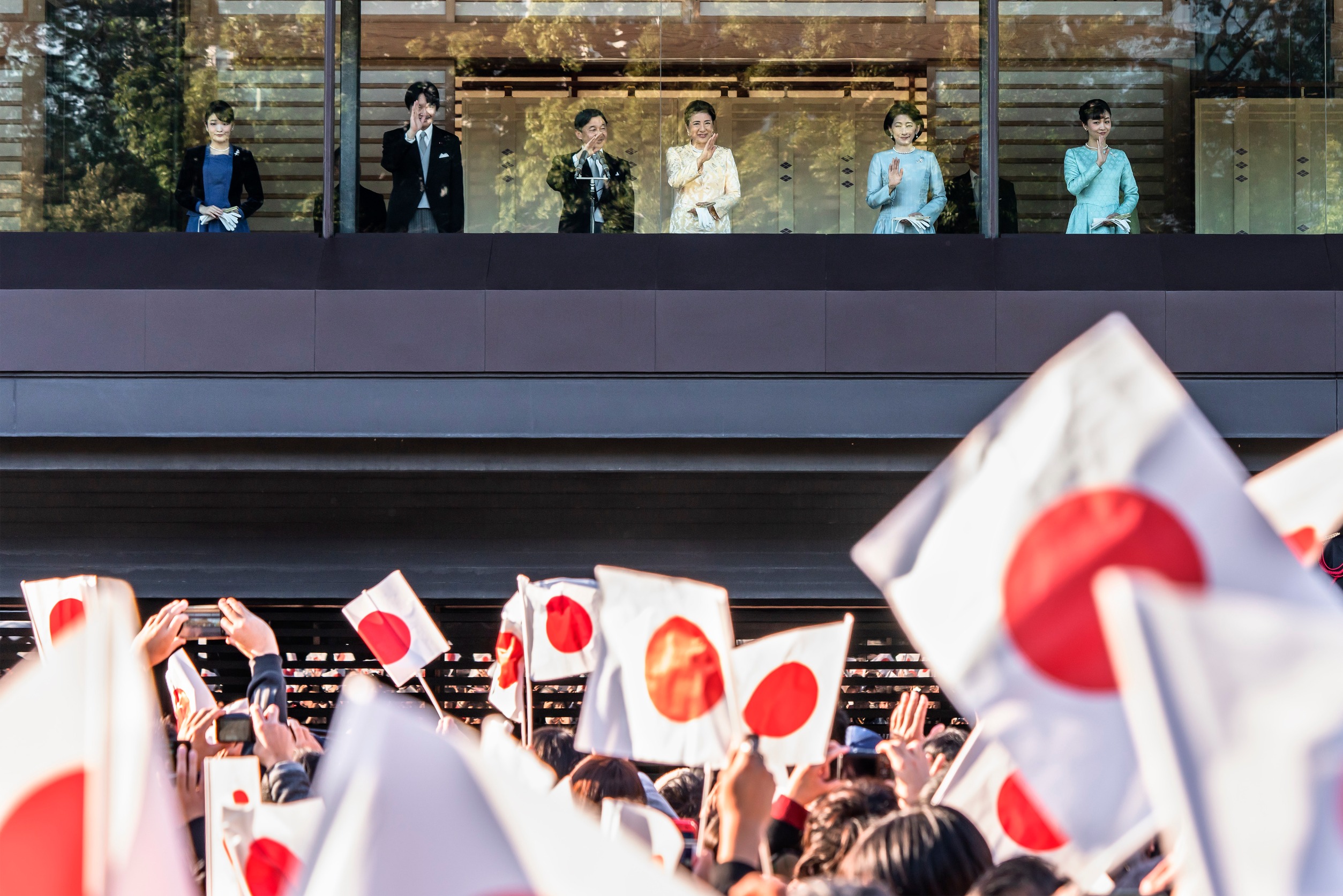Does Japan still have an Emperor?

Does Japan still have an Emperor?
Yes, Japan still has an emperor. As of 2023, the reigning emperor is Emperor Naruhito, who ascended to the throne on May 1, 2019, following the abdication of his father, Emperor Akihito. The emperor in Japan holds a largely ceremonial role as a symbol of national unity and continuity.
One of the oldest monarchies with a history of over 1,500 years
The Japanese monarchy is one of the oldest hereditary monarchies in the world, with a history that stretches back more than 1,500 years. The emperor is known as the “symbol of the State and of the unity of the people” according to Japan’s constitution, and has no political power.
The Emperor was considered as a deity until the end of WWII
In fact, the Japanese monarchy has undergone significant changes in its role and function over the years. Prior to World War II, the emperor was considered to be a divine figure and wielded significant political power. However, following Japan’s defeat in the war, the role of the emperor was redefined to be strictly symbolic and ceremonial, with no political authority.
Today, the emperor performs a range of duties, including receiving foreign dignitaries, presiding over official ceremonies, and representing Japan at events both at home and abroad. The imperial family also engages in various cultural and philanthropic activities, and has a significant cultural and historical importance in Japanese society.
Did the Emperors in early history really exist?
It is true that the early history of the Japanese monarchy is shrouded in myth and legend, and there is debate among scholars about the veracity of the early imperial line. According to Japanese mythology, the first emperor of Japan, Emperor Jimmu, ascended to the throne in 660 BCE. However, there is little concrete evidence to support this claim, and some historians believe that the existence of the early emperors is largely fictional.
Despite the lack of concrete evidence, the imperial line has been a central part of Japanese culture and history for more than a millennium. The mythology surrounding the imperial line has been used to promote a sense of national identity and unity, and the emperors have played an important role in shaping Japanese society and culture.
Regardless of the historical accuracy of the early imperial line, the emperor has played a significant role in Japanese society throughout its history, and remains an important symbol of national unity and continuity.
Interesting facts about Emperor Naruhito
- Emperor Naruhito was born on February 23, 1960.
- The Emperor attended Oxford University for two years. He is fluent in English.
The Empress Masako is a graduate of Harvard University. - The Emperor plays the cello and his skill is on a professional level and he can even play as a member of an orchestra.
- The Emperor was a big fan of Brook Shields when he was young and he saw her a couple of times and he even went out with her in Roppongi, Tokyo when Brook came to Japan. He also liked Japanese pop culture and his favorite pop singer was Yoshie Sakakibara and has been to her concert.
- One of his favorite foods is curry and rice.
- When he was young he found the hambuger sold in a vending machine so delicious that he wanted to bring some to his brother and sister.
Japanese Imperial system and the emperor
There are many things that people overseas should be aware of when it comes to the Japanese Imperial system and the emperor:
- Respect for the emperor is deeply ingrained in Japanese culture: The Japanese people have a deep reverence for the emperor and the imperial family, and it is important to show respect when discussing the emperor or visiting Japan.
- The emperor has no political power: As mentioned earlier, the role of the emperor in Japan is strictly ceremonial and symbolic. The Japanese government is a constitutional monarchy, with the prime minister serving as the head of government.
- The imperial family has faced controversy over succession and gender: The imperial family has faced controversy in recent years over the issue of succession, as the current emperor has no male heir. Additionally, there has been debate over whether to allow women to ascend to the throne, as the current law only allows male heirs to do so.
- The emperor and the imperial family are active in cultural and philanthropic activities: The imperial family is active in a variety of cultural and philanthropic activities in Japan, including supporting traditional arts and crafts, promoting environmental conservation, and advocating for peace.










